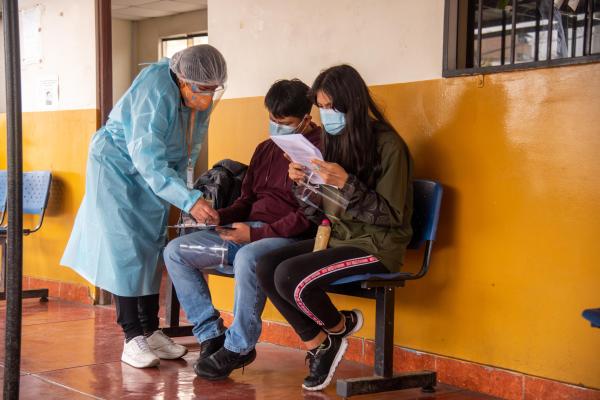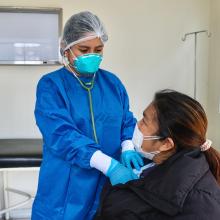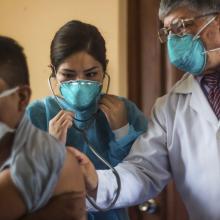In more than 140 years of history of tuberculosis (TB) affecting, mainly, the most vulnerable populations due to their level of poverty or degree of social unprotection, one of the elements of treatment that continues to prove its value, but does not yet receive the importance it deserves, is accompaniment.
For example, every year, more than 800 thousand adolescents between 10 and 19 years of age are affected by TB in the world, a group increasingly affected by the disease. In awareness of this, research by our associate researcher and professor at Brown University, Silvia Chiang, carried out in Peru on this age group, shows that adolescents affected by TB who have been accompanied during their treatment by family members respond better to treatment than those who do not receive this support.
Accompaniment is more than ensuring that the person complies with taking medication; it is about entering into the patient’s own experience and making them feel that we are with them, with empathy and compassion. It is also about motivating them, actively listening to them and consequently looking after their physical and mental health, as if they were people we have known forever.
To read this article in full, click here.
.



